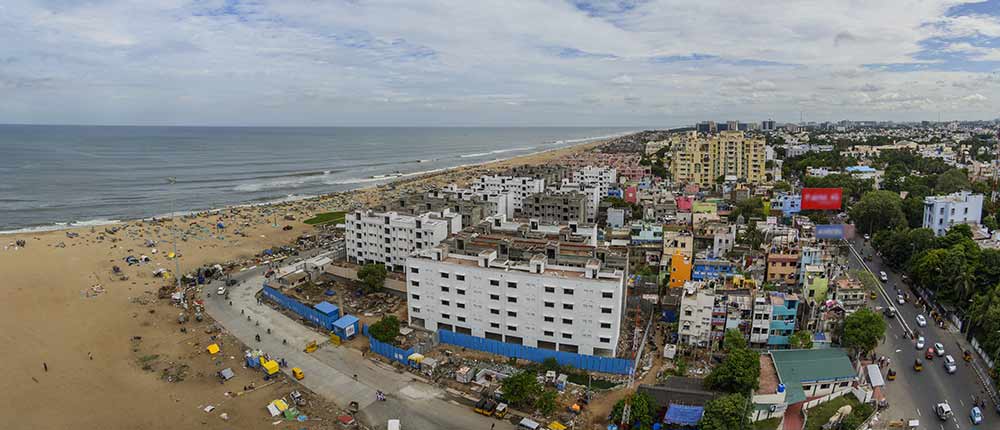City authority's efforts towards improved waste segregation and management are poised to reap results
 Efficient waste segregation is considered as the genesis of a developed solid waste management (SWM) system. However, urban India has unfortunately been marred with inappropriate waste disposal practices that are slowly beginning to impact the health index. The MSW 2000 and 2016 rules have emphasized on the implementation of waste segregation at source. Nevertheless, municipalities have been faced with hitches relating to lack of citizen awareness, inefficient waste collection contractors, job regularization pleas from contractual workers and lack of effective planning. Adding to their woes, bulk generators like commercial establishments in addition to RWAs often fail to segregate waste before disposal. Here is a quick glimpse of the state of waste management in India.
Efficient waste segregation is considered as the genesis of a developed solid waste management (SWM) system. However, urban India has unfortunately been marred with inappropriate waste disposal practices that are slowly beginning to impact the health index. The MSW 2000 and 2016 rules have emphasized on the implementation of waste segregation at source. Nevertheless, municipalities have been faced with hitches relating to lack of citizen awareness, inefficient waste collection contractors, job regularization pleas from contractual workers and lack of effective planning. Adding to their woes, bulk generators like commercial establishments in addition to RWAs often fail to segregate waste before disposal. Here is a quick glimpse of the state of waste management in India.
Chennai has consciously been edging towards implementing measures for institutionalizing source segregation at the ward level. As an initiative under the Swachh Bharat Abhiyan, the corporation has manned each of its 200 wards with ‘animators’ (one each for a ward) to spearhead the waste segregation initiative and conduct outreach for their area. This initiative is aimed at augmenting the capabilities of the sanitary officer at the ward level. In an attempt to address some of the barriers relating to waste segregation in Chennai, Greater Chennai Municipal Corporation (GCMC) in partnership with TERI-C40 under the Climate and Clean Air Coalition (CCAC) project recently conducted a training programme for ward level animators. The objective of the training programme was to building the capacity of 35 of these 200 professionals on various aspects relating of SWM with specific focus on source segregation. The interaction saw the participation of officials from the municipality, 35 graduate animators and experts on different aspects of waste management. The trained professionals in turn would be responsible to handhold other animators on the techniques, and technical information gained from the workshop.
The workshop focussed upon imparting techniques to enhance levels of source segregation and segregated door-to-door collection including waste category identification and methods to engage productively with residents to ensure better segregation. Aspects such as colour codes of dustbins, type of waste to be disposed in each colour coded bin, safety aspects for waste collectors, modalities of segregated transportation and quality of waste needed for processing were also dealt with. Experts shared learning’s from practices in the adjacent town of Madukkarai and the state of Goa, in terms of decentralized management of waste and segregated collection through the integration of informal sector. The session on ‘Setting up Material Recycling Facilities (MRF)’, emphasized the importance of decentralized modes of waste handling and also explored possible processing options such as micro composting of the solid waste.
With the knowledge of the effects of open air burning of waste, which releases the harmful Short-Lived Climate Pollutants, the animators can formulate strategies to rigourously monitor and avoid waste burning at road corners and junctions.
The presence of an influencer at the ward level is definitely a step forward towards improved waste segregation. The initiative will not only help monitor day to day activities better but also engage with the residents on aspects relating to waste segregation on a regular basis. The novel approach of Greater Chennai Municipal Corporation and its renewed emphasis on waste segregation sends out a message to the community on the importance associated to this very first and key step of solid waste management.

